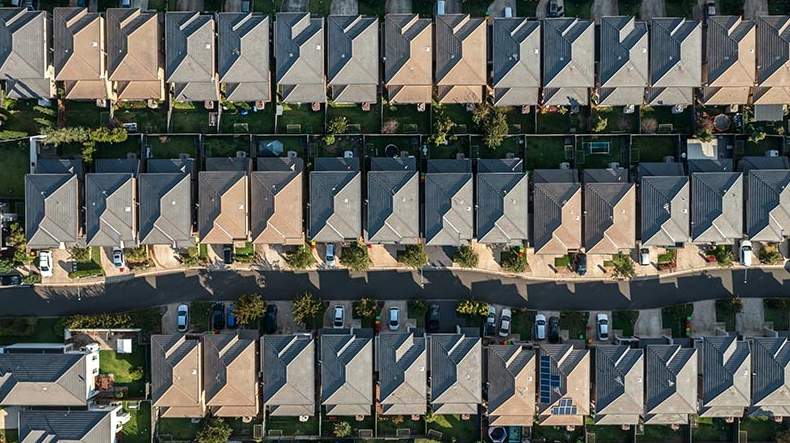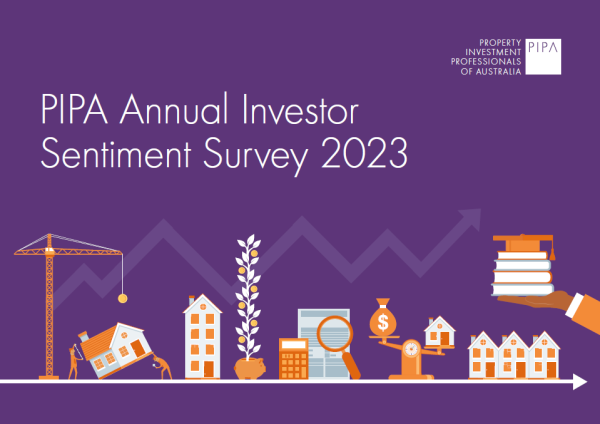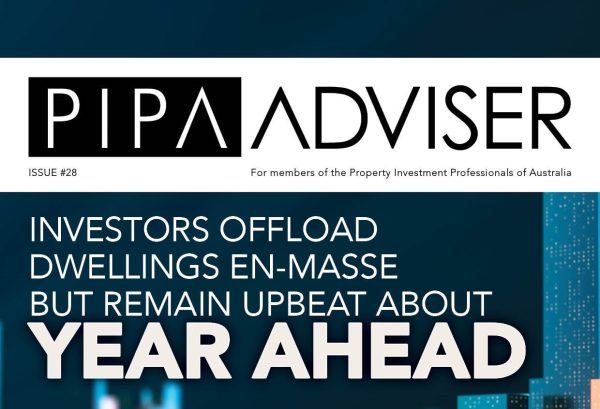Victorian property investors face yet another new property tax as council tests levy
Apr 2024Karen Millers
Categories
Location ReportsMedia releasesNational market updatesPersonal advisersPIPA AdviserPIPA Annual Investor Sentiment SurveysPIPA Member ProfilesPIPA video updatesPIPA webinarsPodcastsProperty advisersProperty newsLatest Articles
Location Report – City of Geraldton
Which property cycle are we in?
Rent rises ease but crisis’ link to population density found to be tenuous
Jordan van den Berg: The ‘Robin Hood’ TikToker taking on Australian landlords
Victorian property investors face yet another new property tax as council tests levy
It had to happen in Victoria. With property investors already hit with a range of new land taxes from the state government, a shire council in the prosperous Mornington Peninsula region has now broken ranks with a plan for a levy on new property builds.
Awash with retirees, holiday homes and a rising population of one-time CBD workers who now operate from home – the expensive region, just 40km south of Melbourne, has little room for low-income housing.
Earlier this week the Mornington Peninsula Shire, which covers wealthy enclaves including Portseas, Sorrento and Flinders, put forward a plan to impose a social housing levy of 3.3 per cent on all new developments.
Despite recent activity, Victoria continues to have the lowest proportion of total housing stock allocated to social housing in the country.
As a new property tax, the Mornington move could become a test case – it has the potential to cover everyone from big time developers to “mums and dads” who want to build a home for themselves.
Cate Bakos, the director of the Property Investment Professionals Association, says: “This is a dangerous play, it is out of the blue and we have seen no consultation on it. Social housing needs to be funded, but not by a narrow segment of the population.
“This region became much more expensive after the pandemic – but a tax like this ignores the ‘permanents’ in the district who want to live in their home area.”
The levy proposal – which would add around $35,000 on average to new homes – is now out for community consultation.
The move will be watched closely by councils across Australia, especially in popular sea-change districts where social and low-income housing is an acute issue. The Queensland state government has already made a short-lived attempt to introduce new property taxes in 2022.
Across Victoria weak returns and high taxes have combined to offer mounting evidence that investors are already quitting the regional market.
A survey from the PIPA late last year of more than 1700 investors found the exodus was particularly pronounced in Melbourne, where a quarter of property investors who responded sold at least one rental home in the past year.
Melbourne is the weakest performing of the larger cities with price gains of just 11 per cent since 2020, against double that return in Sydney.
More broadly, the city is tracking at just one-third of the 33 per cent price increase seen nationwide since mid-2020, according to research group CoreLogic.
Just a year ago, the Victorian government put the property sector firmly on the front line when the state budget introduced taxes on property development windfalls and short-term rentals where an “Airbnb tax” was introduced at 7.5 per cent of annual revenue.
As The Australian reported at the time: “Just as the property sector was trying to digest these changes, Victorian Treasurer Tim Pallas announced a few more tax moves for good measure. In October, the government announced it would widen a vacant residential land tax (that included holiday homes) from a handful of inner-city suburbs to include the entire state.”
The Mornington proposal will ultimately need to be signed off the Victorian state government.
Originally Published: James Kirby | Cairns Post | 17 April 2024
“Licensed by Copyright Agency. You must not copy this work without permission.”




